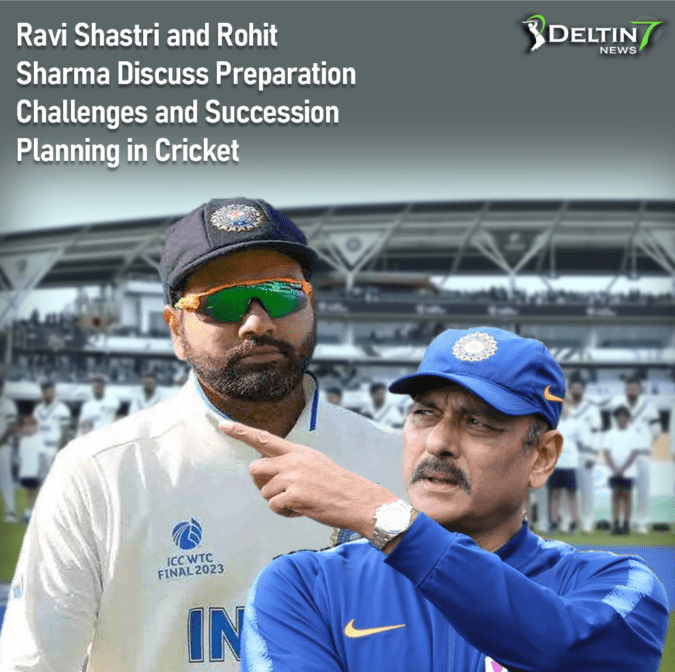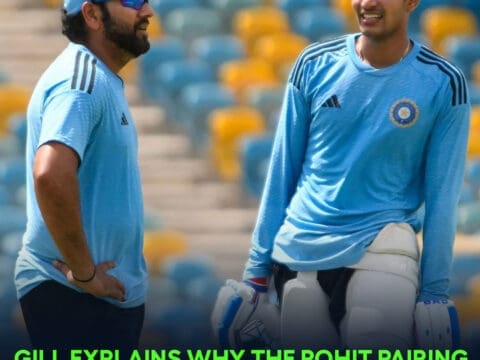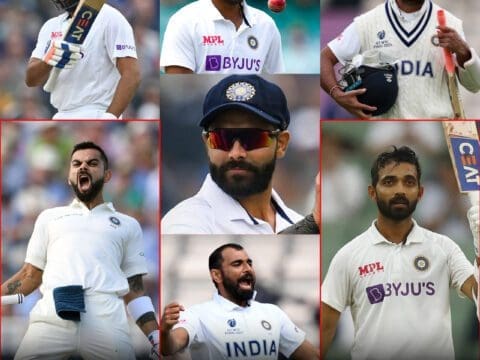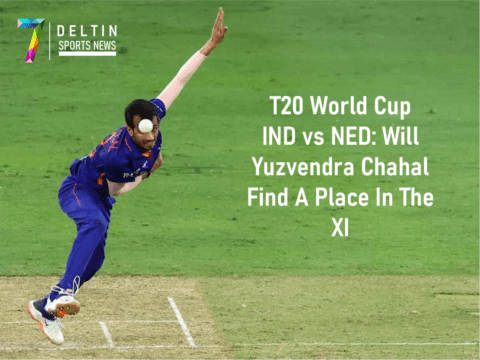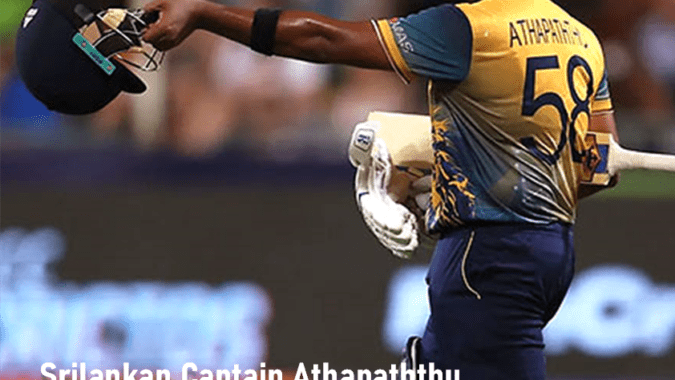
Ravi Shastri and Rohit Sharma Discuss Preparation Challenges and Succession Planning in Cricket
The World Test Championship (WTC) final between India and Australia was a highly anticipated match that showcased the pinnacle of Test cricket. However, discussions arose regarding the preparation time for such a crucial game.
While Rohit Sharma expressed his desire for an ideal 20-25 day preparation period, Ravi Shastri, the former coach of the Indian team, provided a more realistic perspective. This article delves into the challenges of preparation, the impact of the IPL schedule, and the importance of succession planning in Indian cricket.
The Ideal Preparation Time:
Rohit Sharma, India’s captain, acknowledged the significance of ample preparation time for a game as crucial as the WTC final. He highlighted the differences in bowling techniques and lengths between T20 cricket and Test matches, emphasizing the need for discipline and consistency in the latter. Sharma believed that a 20-25 day preparation window would have allowed the team to adapt and perform better in the match.
The Realities of Scheduling:
Ravi Shastri, known for his pragmatic approach, countered Sharma’s statement, recognizing the unlikelihood of obtaining a lengthy preparation period. Shastri explained that missing the IPL would be the only way to secure such an extended timeframe.
He suggested that if a World Test Championship final were to be scheduled after the IPL every year in June, the Board of Control for Cricket in India (BCCI) should consider introducing certain clauses to allow adequate preparation for the teams involved.
Challenges of Cramped Schedules:
The cramped and tight schedules of international cricket were also brought into the spotlight by head coach Rahul Dravid. He expressed his dissatisfaction with the limited preparation time and the constraints it imposed on the team.
Dravid mentioned that when touring, having three weeks before the series and playing two side games significantly enhanced the team’s preparedness. However, he acknowledged the reality and emphasized the absence of excuses or complaints.
Impact on Bowlers’ Performance:
The Indian fast bowlers, particularly the change bowlers, struggled with their lines in the first innings against Australia. Rohit Sharma speculated that additional time for preparation might have allowed the bowlers to find their rhythm and adjust to the demands of Test cricket after two months of non-stop T20 action. Despite the challenges, Sharma expressed confidence in the experienced bowlers’ ability to adapt and perform at their best.
Succession Planning for Future Tournaments:
Looking ahead to the upcoming cycle of the WTC and the 50-over World Cup, Ravi Shastri stressed the importance of succession planning. Considering the workload management required and the potential need for player rest, Shastri urged the team management and selectors to devise a plan that would introduce young players to the highest level of the game before major tournaments. He acknowledged that these decisions might be difficult and unpopular, but the team’s long-term interests should take precedence.
Rohit Sharma echoed Shastri’s sentiments, emphasizing the need to identify players who can contribute to the team’s brand of cricket in the next two years. He acknowledged the talent present in domestic cricket and highlighted the importance of providing opportunities and nurturing young players. Sharma’s focus remained on finding the right individuals to carry the team forward and maintain its strength and competitiveness.
Conclusion:
The discussion surrounding the preparation time for the WTC final shed light on the challenges faced by teams in balancing various cricketing commitments. Ravi Shastri’s realistic perspective and Rohit Sharma’s desire for ideal preparation highlighted the importance of finding a middle ground.
Additionally, the article emphasized the need for succession planning, considering the workload and tournaments on the horizon. As Indian cricket moves forward, striking the right balance between preparation, player management, and talent development will be crucial for sustained success




